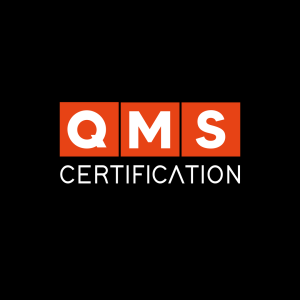Requirement 7.1.2 of the ISO 9001: 2015 standard is short, but one of the most important, because it is the people who keep running the management system.
The ISO 9001: 2015 standard specifies in requirement 7.1.2 that:
“The organization must determine and provide the people necessary for the effective implementation of its quality management system and for the operation and control of its processes”. (NBR ISO 9001: 2015)
When hiring, we must take into account not only the individual’s professional qualifications, but also whether he fits into his organizational culture.
When implementing the management system, the ISO 9001 standard must be seen as a strategic tool, and as such, it has a complex operation to deliver the best result.
To have the best of your employees, you should not use them as numbers for an end, but as the standard itself names people.
People are complex and require care.
 How to work people in the management system?
How to work people in the management system?
We must implement the requirements of the standard being aware that the management system does not depend only on its manager, but on all employees, for this to work it is necessary to raise awareness and provide a pleasant place to work, so that these do not see the standard as a bureaucratic system, but as a quality improvement tool, not only for the company, but for those who work on it.
In addition, the company must see employees as an investment that will require time, patience and dedication, that is people management.
Have a policy of qualification and update to employees, conduct internal training, work with constant and formal feedbacks and above all, understand that they are people, sometimes they will not be in their best state and sometimes they will make mistakes, and this is normal, it is up to the manager measures to reduce such effects.
Tips:
- Keep the person in charge of the quality management system aware of as many areas as possible, so that he has a macro view of the process and of his collaborators so that they can improve the process.
- Perform integration activities, make employees feel welcomed in the process and by the company.
- Establish a schedule with constant feedbacks, it is better to be punctuated for your mistakes little by little than to be given a bucket of cold water at once.
- Understand that it is not always the fault of the employee, human errors must be predictable, so if they are broadly constant, an improvement in the quality management system may be necessary.
- Commend, we are not just criticizing, we need recognition too, so try to work on that more positive side.
Hope this helps!











